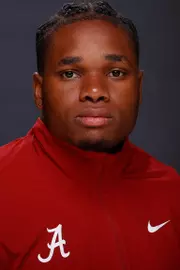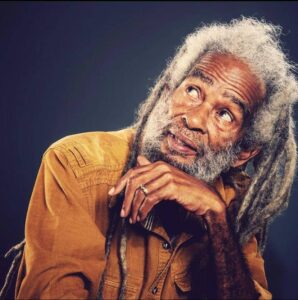
International group to advocate for mentally ill in J’can prisons
RIGHTS Watchdog Stand Up For Jamaica (SUFJ), in its continued campaign to free mentally ill Jamaicans behind bars and see to it that they are compensated, has caught the attention of International League Against Arbitrary Detention (ILAAD), which is set to give the inmates a voice at the international level.
ILAAD, which scrutinises arbitrary detention cases globally, provides free legal support before the United Nations Working Group on arbitrary detention and advocates at the international level to free victims of arbitrary detention through volunteer activists, lawyers and researchers.
Speaking with the Jamaica Observer on Tuesday, executive director of the SUFJ Carla Gullotta said already the entity has had meetings with the top brass of the league.
“They are interested in what we are doing so we said yes to a possible partnership. What they can do is to bring our concern at the international level. For example, to the Inter-American Commission on Human Rights (IACHR), the United Nations,” Gullotta told the Observer.
“Obviously what they can do is important to us because it will bound Jamaica to respect international treaties to which it is signatory. Obviously their recommendations are not binding but our action becomes binding because once we have the support of international agencies, the possibility to introduce changes especially to promote access to justice is going to be heightened,” she explained further.
She said SUFJ is in the meantime finalising a list of names of individuals which it hopes to wrest from behind bars.
“We had a couple of meetings, one was to finalise a couple of names of people which we plan [to file action] actually to bring to the court. So we are proceeding with the families for them to sign consent because the mentally ill is not fit to plea,” the SUFJ executive director said.
She further noted that the SUFJ was engaging families to ensure that the individuals once freed have somewhere to reside, while adding that in this scenario reparations becomes important.
Gullotta, noting that the SUFJ was unwilling to let the issue rest, said: “I am very stubborn and I am really determined to see some change because a situation like this is absolutely ridiculous.”
The issue of hundreds of mentally disordered inmates behind bars for decades, some yet to be tried or convicted, has been a sore topic. The situation came to a head in 2020 after the death of Noel Chambers who spent more than 40 years in custody at the court’s pleasure before dying at Tower Street Adult Correctional Centre, drawing much furore from Jamaicans. At the time, Department of Corrections officials said there were some 300 mentally challenged persons in conflict with the law who were being housed at three penal institutions, with close to half of them listed as “awaiting trial”.
The situation prompted head of the judiciary, Chief Justice Bryan Sykes, to probe the reasons for the failures leading to hundreds of mentally ill people in conflict with the law being detained in correctional institutions for protracted periods, some as much as five decades with half listed as awaiting trial. That committee, following its probe, made several recommendations. However, a recent refusal by the Supreme Court to release six mentally disordered prisoners “detained for years” at the governor general’s pleasure because no institutions or family members would take them revealed that not much, if anything has been done since.
“Following Noel Chambers situation, there were several promises for big changes. The only change we have really seen is basically from the Department of Correctional Services (DCS) which opened an infirmary at Tamarind Farm but it can only accommodate 25 people. So what happens to the other 200?” Gullotta said.
“We have to appreciate what the DCS has done, I went and it looks very professional, a real clinic with doctors and nurses and the people are well attended to. But it’s not in the power of DCS to make changes. A prison is not the place for the mentally ill. We are struggling and fighting with the infrastructure, look at a place like Tower Street, 1,700 inmates and since the [recent] earthquakes some of the blocks had to be closed off. I appreciate and commend what DCS is doing but it is not in their hand to strike a difference, it is a political choice,” she added.
She said in this regard SUFJ has also “contacted forensic pathologists out of the United Kingdom to see if they can come to Jamaica and visit and see what the situation is like and what needs to be rectified”.
In 2020, as the society reeled from the embarrassing episode involving Chambers, Prime Minister Andrew Holness promised corrective action.
Holness, who said a comprehensive audit into the circumstances leading up to Mr Chambers’ passing had been commissioned, said a key outcome “will be a detailed multi-agency examination of the loopholes that may exist across the system in order to ensure that we remedy any likelihood of this situation repeating itself”.
He said further: “This unfortunate situation must result in a complete and comprehensive overview and overhaul of the system to deal with custodies in general, and those with underlying mental and physiological conditions…”
Jamaicans are still waiting for those promises to be manifested.























